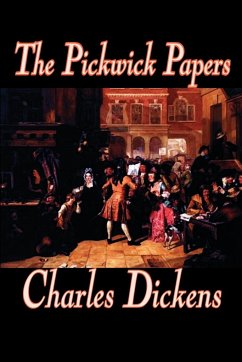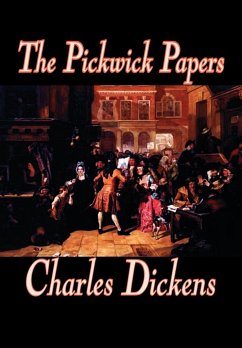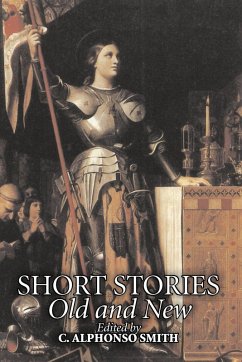
The Pickwick Papers by Charles Dickens, Fiction, Literary

PAYBACK Punkte
16 °P sammeln!
The first ray of light which illumines the gloom and converts into a dazzling brilliancy that obscurity in which the earlier history of the public career of the immortal Pickwick would appear to be involved, is derived from the perusal of the following entry in the Transactions of the Pickwick Club, which the editor of these papers feels the highest pleasure in laying before his readers, as a proof of the careful attention, indefatigable assiduity, and nice discrimination, with which his search among the multifarious documents confided to him has been conducted. "May 12, 1827. Joseph Smiggers,...
The first ray of light which illumines the gloom and converts into a dazzling brilliancy that obscurity in which the earlier history of the public career of the immortal Pickwick would appear to be involved, is derived from the perusal of the following entry in the Transactions of the Pickwick Club, which the editor of these papers feels the highest pleasure in laying before his readers, as a proof of the careful attention, indefatigable assiduity, and nice discrimination, with which his search among the multifarious documents confided to him has been conducted. "May 12, 1827. Joseph Smiggers, Esq., P.V.P.M.P.C. (that is, the Perpetual Vice-President -- Member Pickwick Club), presiding. The following resolutions unanimously agreed to: -- "That this Association has heard read, with feelings of unmingled satisfaction, and unqualified approval, the paper communicated by Samuel Pickwick, Esq., G.C.M.P.C. (the General Chairman -- Member Pickwick Club), entitled 'Speculations on the Source of the Hampstead Ponds, with some Observations on the Theory of Tittlebats;' and that this Association does hereby return its warmest thanks to the said Samuel Pickwick, Esq., G.C.M.P.C., for the same. . . .















